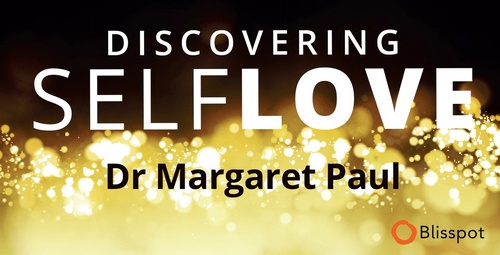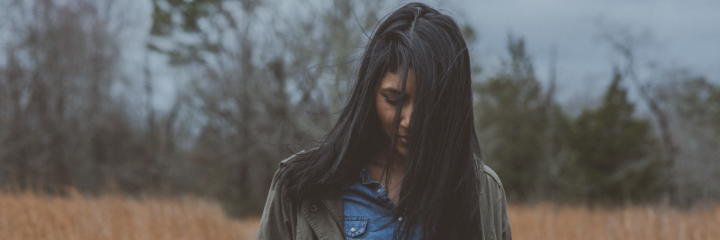Do you try to talk with someone when you already know he or she is closed? Consider NOT putting your inner child in the line of fire.
How often do you ask a question or make a statement to a partner, co-worker, friend, or relative at a time when you already know they are closed or angry? Then, when they are predictably angry or defensive, you feel upset by their response. Why do you put your inner child in the line of fire? What are you hoping to gain by asking a question or making a statement when you already know they are closed?
Go inside for a moment and ask yourself this question: “Why do I try to communicate with someone whom I already know is angry, defensive, or withdrawn? What do I hope will happen?”
If you are honest with yourself, you will see that your hope is that by asking the question or making the statement, the other person will respond with openness. Now, again be honest with yourself—how often has this happened? What usually happens instead?
Very often, they continue to be angry or defensive and then you feel really bad because your covert manipulation hasn’t worked.
Take Care of Yourself Instead of Trying to Control Others
Consider not putting your inner child in the line of fire when you already know that the other person isn’t open. Consider accepting your helplessness over the other person’s intent and disengaging to take care of your own feelings of loneliness or heartache.
I used to do this all the time — put my child right in the line of fire and then felt hurt, frustrated, and angry that the other person wouldn’t be open. After all, I was coming to them open, asking a real question with an intent to learn, or making a caring statement. Right? Wrong!
I was coming from my wounded self, hoping to engage them and get them to open up so that I wouldn’t have to feel my loneliness, heartache, and helplessness. Putting my inner child in the line of fire to receive another’s unloving reaction was certainly not loving to me. At that time in my life, it was more important to me to try to get another person to engage with me as a way to protect against my pain than it was to take loving care of my feelings and learn what the feelings were telling me about the other person’s intent.
Accept Your Lack of Control
Now, when someone is closed, I consciously accept that I have no control over their intent to open or stay closed. I no longer try to engage with someone when I’m feeling lonely with them. I acknowledge the loneliness, the heartache, and the helplessness over them and go inside, embracing these feelings with kindness toward myself and then taking whatever other loving action I need to take, to take responsibility for myself. Usually, this does not include interacting with the person who appears closed. I take a walk, read a book, do some work, answer some emails — whatever feels good at the moment.
I let them be. I have faith that they will open when they are ready. I send them prayers, asking God to help them open their heart, as I know they are suffering when their heart is closed. I have less investment in whether they open, or when they open, as I remind myself that their being closed is really not my business. As long as I am taking loving care of myself, I can let them go through whatever process they need to go through to get back to openness.
When I finally reached that point in my marriage — letting my husband be, rather than trying to get him to open up — it quickly became apparent that he had no intention of opening. His infrequent openness was only in response to me taking responsibility for his feelings. When I stopped doing that, his openness stopped. That’s when I needed to decide whether I could live with someone who stayed closed, or whether I needed to leave. For me, the choice was obvious.
I hope you have the courage to stop putting your inner child in the line of fire to avoid your painful feelings — the courage to see what the reality is in each of your relationships.
To learn more about relationships see: Discovering Self-Love








